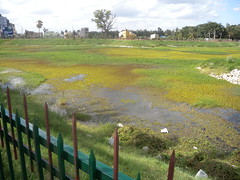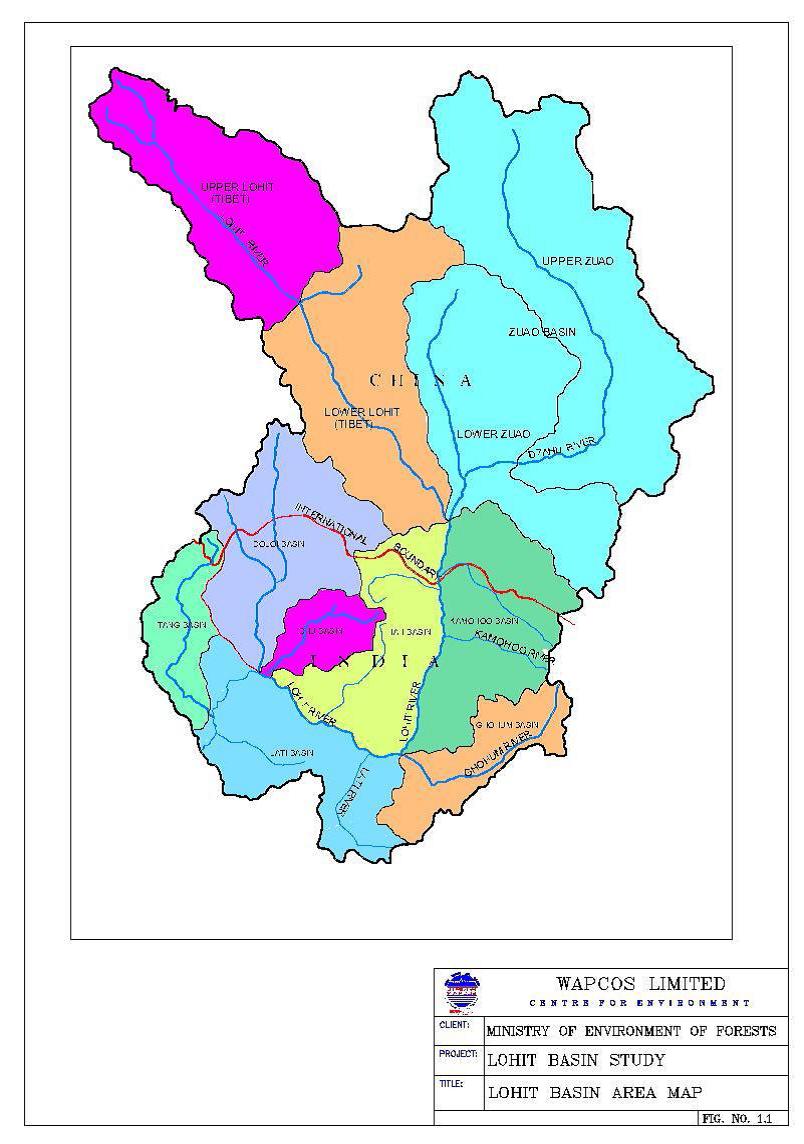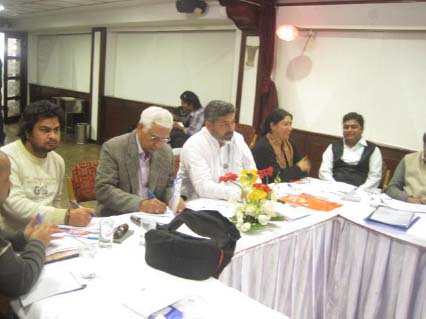/topics/government-programmes
Government Programmes
Maps, lakes and citizens: The use of surveys in lake conservation - An article in the Seminar magazine
Posted on 19 Mar, 2012 11:44 AMThis lake system is now decaying with lakes either taken over for urban uses, or choking due to neglect. ATREE and the Bruhat Bengaluru Mahanagara Palike (BBMP) have been engaged in attempting to understand how to restore these lakes for urban use, while maintaining their ecological importance. This article in Seminar describes this attempt.

Basin-level impact assessment study of the Lohit river - A study by WAPCOS & Ministry of Environment and Forests (2011)
Posted on 19 Mar, 2012 11:29 AM
Best meal of the day': Akshaya Patra's kitchen in Nathwara, Rajasthan is the newest of its high-technology ones across India
Posted on 19 Mar, 2012 10:23 AMArticle and Image Courtesy : One World South Asia
Author : Madhusmita Hazarika
Draft National Water Policy (2012) fails to take into account the multiple, complex problems and issues relating to water in India says M S Vani
Posted on 18 Mar, 2012 05:49 PMGuest post by: M S Vani
Perusing the draft, one comes across all the ‘right’ concepts, words liberally sprinkled throughout the document, describing the resource:-
- Natural resource
- Hydrological cycle
- Ecological needs of rivers
- Climate change
- Sources pollution
and our intended response to it :-
Improving farmers’ access to agricultural insurance in India - A World Bank working paper
Posted on 12 Mar, 2012 11:08 PMTo address this and other problems, the Government of India is piloting a modified National Agricultural Insurance Scheme, a market-based scheme with involvement from the private sector.
Drafting a new National water policy, 2012 without consulting the farmers would be meaningless
Posted on 04 Mar, 2012 11:02 PMAuthor : Phanish Sinha
In India, water problems are 'man made': Comments on the draft water policy-2012
Posted on 29 Feb, 2012 11:02 AMAuthor : Nagesh Hegde
Success of first participatory irrigation development & management programme and its further extension in Maharashtra
Posted on 27 Feb, 2012 11:33 AMAuthor : Ulhas Krishna Apte
Draft National Water Policy 2012 - Dialogue organised by NEER Foundation, Meerut on February 18, 2012
Posted on 27 Feb, 2012 10:07 AMGuest post by: Raman Kant Tyagi






